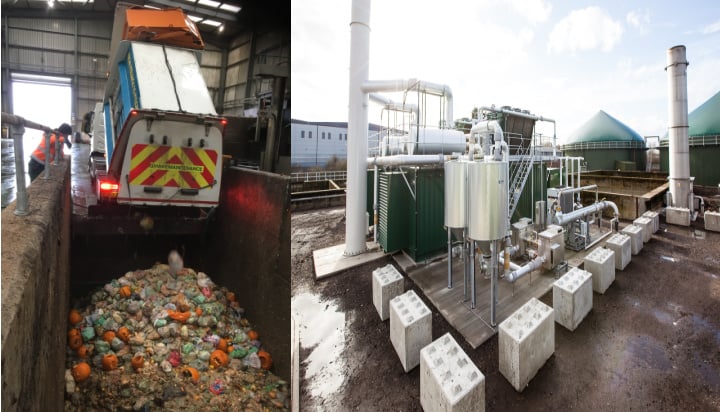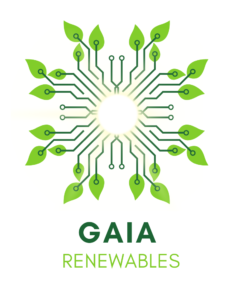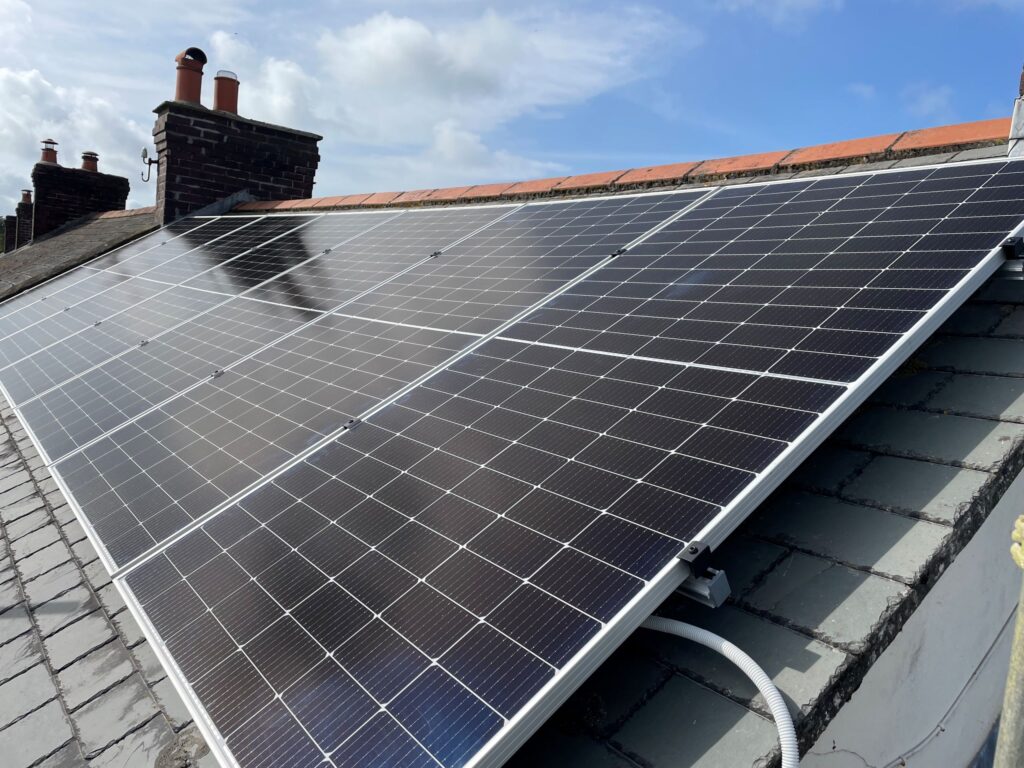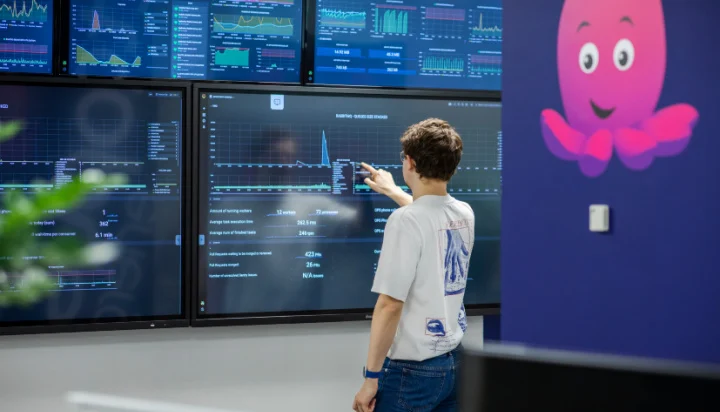
The Best Worst Solution
Generating renewable electricity from waste Halloween pumpkins is great. But here is an argument (from a renewable electricity installation company) on why there are better alternatives for waste food.
Really we should stop being so pessimistic. Waking up to news stories that Severn Trent Green Power is planning to turn nearly 50,000 waste pumpkins into renewable electricity is absolutely awesome! More specifically that will equate to 22Mwh of electricity, enough to power 2000 homes for an entire day. Despite this not being a news story from Cornwall, it is still great to read how as a country we are innovating more and more dynamic ways of generating renewable electricity.
However, at Gaia Renewables we love the use of technologies in creating a sustainable future (perhaps no surprise there), and this is by no means limited to renewable electricity generation. That is why we would make an argument that there are better ways to sustainably dispose of our food waste.
Yes, it is definitely better that food waste be turned into renewable electricity. Indeed, even Cornwall Council has finally started making strides to improve the sustainability of Cornish food waste disposal across the county. However, food waste is an amazing potential resource, packed with organic nutrients, and with so many renewable electricity technologies like solar PV, wind, hydro, tidal, and recent developments in battery technologies, we would argue that this potential resource could be put to better use.
In St Ives, Cornwall for example an amazing community orchard was recently requesting MORE food waste from the local community to combine with green waste (bracken, grass cuttings etc) to create nutrient-dense compost for the orchard. This not only stops food waste going to landfill, but also leverages it is as a valuable resource, and helps bring the community together!
Or alternatively, French company Ynsect, has been “reinventing the food chain” in their words. By utilising huge amounts of food waste to feed insects and create exciting (albeit boundary-pushing) insect-based food, with the highly nutrient-dense natural fertiliser frass being the only by product.
Don’t get us wrong maybe insect-based food isn’t a priority for you. That’s understandable. But as renewable electricity gets cheaper and more efficient (don’t forget to check out just how affordable solar panels could be for your home or business) surely we should start thinking of more inventive and imaginative ways to sustainably dispose of our food waste.


